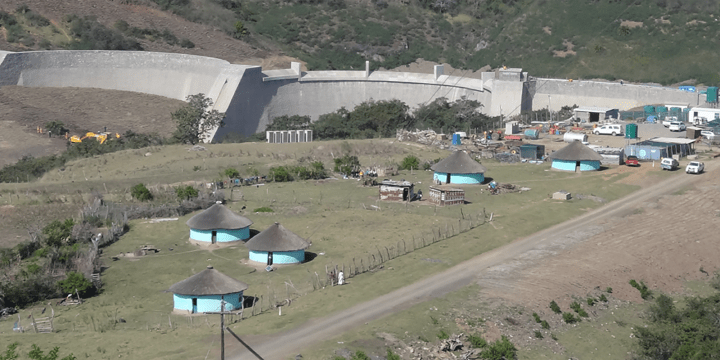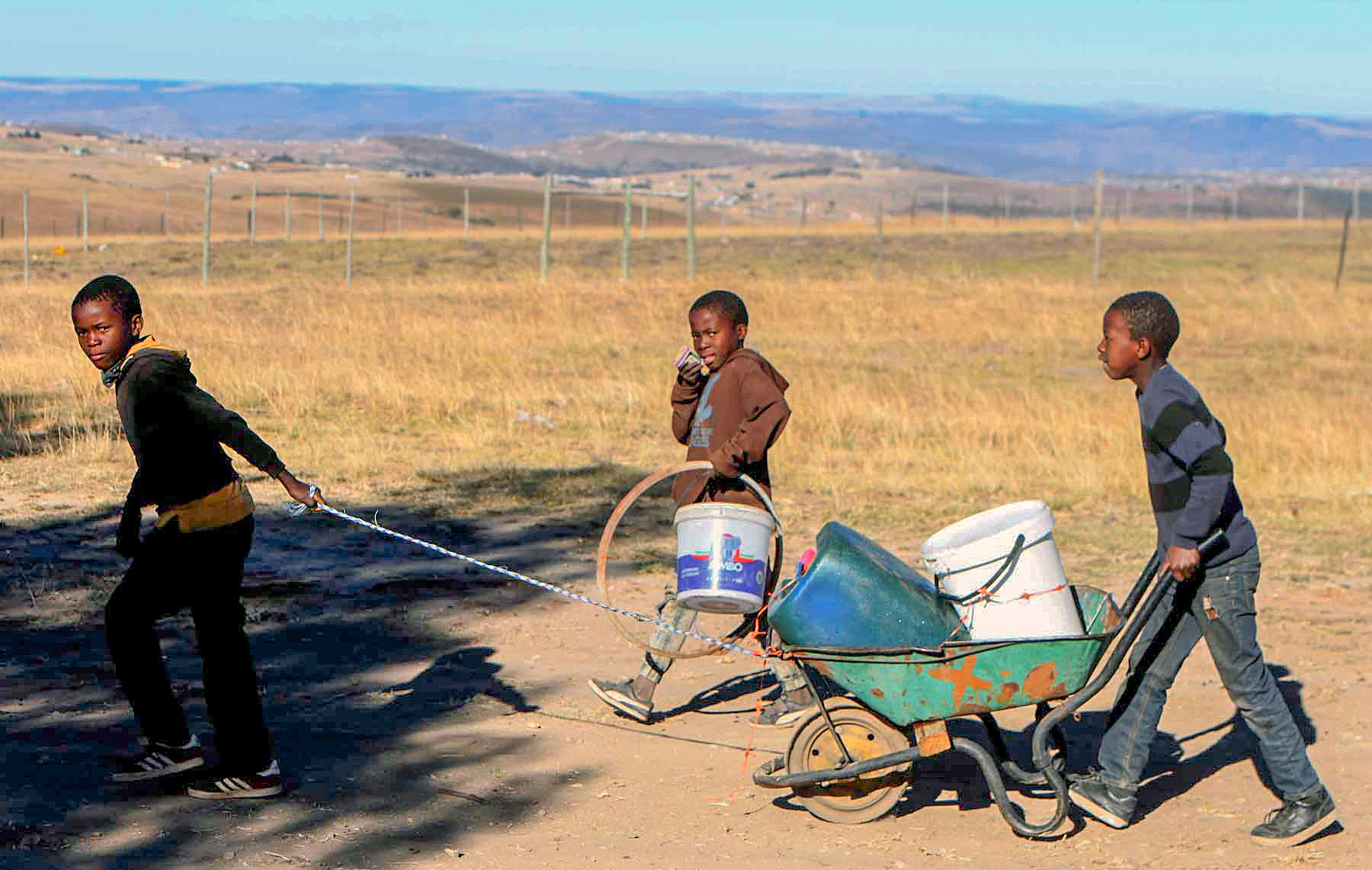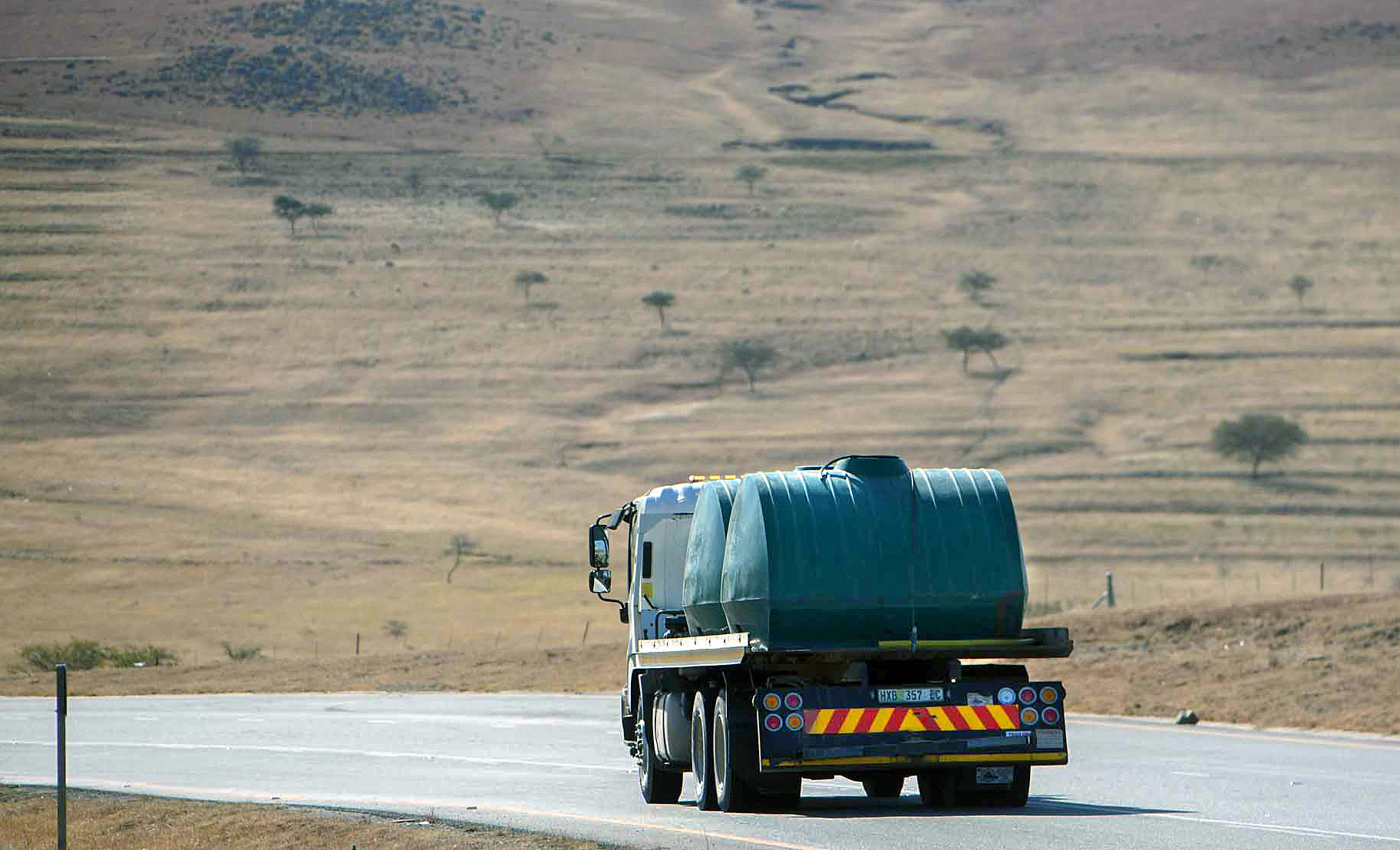SERVICE DELIVERY OP-ED
Water is life — how can we build collective power to turn our municipalities around?

We have to change our perspective and try a new approach: how can we — as community members, civil society organisations and the private sector — support our municipality to make it work for us?
Year after year, the Auditor-General of South Africa (AGSA) releases damning reports on the financial status of the country’s municipalities. While these reports serve a crucial purpose of accountability and transparency in a constitutional democracy, the consequences of failing municipalities on real people’s lives are often lost in the numbers.
The Constitution is clear in its articulation of the objectives of municipalities. In Chapter Seven, it states municipalities:
- must provide democratic and accountable government for local communities;
- ensure the sustainable provision of services to communities; promote social and economic development;
- promote a safe and healthy environment; and
- encourage the involvement of communities and community organisations in local government.
Through its audit activities, the AGSA assesses whether spheres of government are using their budgets to meet their objectives, are compliant with the legislation and provide sufficient evidence of their spending through financial statements.

Water outages may already be contributing to outbreaks, although the evidence isn’t yet there to prove that specific outbreaks were due to water shortages.
(Photo: Black Star Images / Spotlight)
The most recent municipal AGSA (2020/2021) report demonstrates a continuing decline in the state of municipalities.
Of 257 municipalities, only 41 received a clean audit.
In Eastern Cape, where Equality Collective is based, the findings are even worse. Of the six district and 31 local municipalities in the province, only one district municipality and three local municipalities got clean audits.
The report attributes this to poor financial management and an over-reliance on consultants, which amounted to an expenditure of R157-million in 2020/21 and R663-million over the past five years.
Other factors were the failure to report on water service delivery, an expenditure of only 1% of total expenditure on repairs and maintenance of water infrastructure (far less than the standard 8%) and a lack of cooperation from local and district municipalities on capacity-building, financial management practices and monitoring and reporting standards between the provincial government and local municipalities.
The implication is that municipalities do not meet their constitutional obligation, effectively resulting in poor to no service delivery for some of the most marginalised and vulnerable communities in our country.
The right to water
It would take a long time, and perhaps be too painful, to unpack how the failures of municipalities have infringed upon many of the rights of South African citizens, but let’s take the right to water as an example.
The right to water is recognised both internationally and nationally as a fundamental human right for people to live sustainable, healthy and dignified lives. It is inextricably linked to other rights such as rights to life, housing, food, education, gender equality, health, among others, as the lack of water creates significant barriers to accessing those rights.
In South Africa, the apartheid regime provided basic services for the white minority which created huge disparities in the access to water for the black poor majority, particularly in rural communities. With the development of the Constitution, and the recognition of democratic principles, human rights and social justice, the right to sufficient water was included in section 27 of the Bill of Rights — for the State to respect, protect, uphold and fulfil.
The democratic government has made major strides in improving the access to water for its citizens.

The Nelson Mandela Bay metro now ferries water from the eastern side of the metro which is less affected because they get water from the Nooitgedacht water scheme.
(Photo: Black Star Images / Spotlight)
In 2016, there were about 16.9 million households in the country, of which about 15.7 million (93%) households used an improved water source: The most improved water source was piped water inside the house with about 7.5 million (44%) households having such access, and about 5.1 million (30%) households have piped water inside their yards.
Mncwasa Water Scheme
One water project that significantly changed the lives of rural communities in Eastern Cape, where the majority of our right to water advocacy takes place, was the Mncwasa Water Scheme.
The award-winning scheme was built by Amathole District Municipality (ADM) in 2010 and officially became operational in 2015. It provides water to 6,100 households and more than 300,000 people across 40 villages in rural Eastern Cape. It is an impressive feat of engineering and infrastructure investment of at least R125-million, which included the construction of a dam, treatment works, pump stations, storage reservoirs and distribution pipelines.
The scheme operated efficiently for a while, but a mere six years down the line, communities are not receiving a consistent supply of water.
The scheme has not been appropriately maintained. The deterioration of water services is likely affecting health outcomes, increasing infant mortality and decreasing the quality of life for all, but particularly for women who bear the greater burden of fetching water from alternative sources.
We know that ADM is bankrupt, is under Section 139 administration, lacks the capacity to meet its obligations and is plagued by political instability. While it is true that it is the municipality’s responsibility to provide basic services to our communities, in reality there are many internal and external stumbling blocks within the municipality.
How do we fix this?
We have to change our perspective and try a new approach and ask: How can we as community members, civil society organisations and the private sector support our municipality to make it work for us?
In an effort to build collective power in ADM, Equality Collective started a petition insisting on good political leadership that prioritises service delivery in our municipality.
The petition was signed by 160 individual residents and 20 businesses and organisations working in ADM.
We insisted that a qualified and competent municipal manager be appointed following the East London High Court’s judgment which declared the reappointment of former municipal manager Thandekile Mnyimba invalid because he did not have the relevant qualifications.
“As citizens of ADM we do not care about the politics playing out behind the scenes,” read our petition. “The only thing that should guide your decision as councillors is what is in the best interests of ADM citizens. Look beyond politics and realise that we are real people suffering. We urgently need reliable water provision and we need excellent leadership to get us there.”
As a citizen of ADM succinctly captures it in our petition: “I want to see a better ADM, I want to see services going to the people.”
We need to build strong coalitions and partnerships with community members, ward councillors, ward committees, traditional leaders, organisations, businesses and other relevant stakeholders in ADM that holds the municipality to account and assures them that we want to see our municipality succeed. DM/MC
Zoe Postman is the head of communications and Tinotenda M Muringani is an intern researcher at non-profit advocacy organisation Equality Collective.



















 Become an Insider
Become an Insider
Comments - Please login in order to comment.